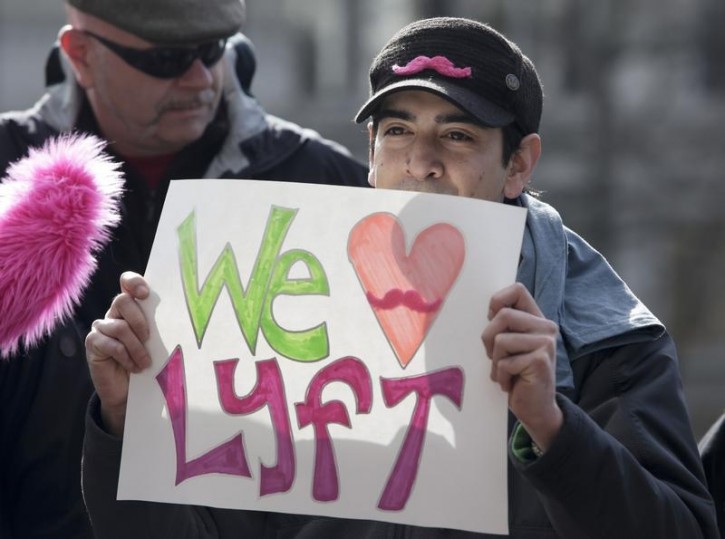
Detroit – Within five years, a majority of ride-hailing company Lyft’s rides will be in self-driving cars, the company’s co-founder and president predicted on Sunday.
John Zimmer also said that personal car ownership will come to an end because autonomous rides will become a cheaper way to travel than owning an automobile. He made the predictions in an essay on the future of transportation in urban areas.
Technology, auto and ride-hailing companies are moving quickly toward self-driving vehicles. San Francisco-based Lyft is testing autonomous cars on the streets of San Francisco and Phoenix in partnership with General Motors. Its main competitor Uber is starting to carry passengers around Pittsburgh in autonomous cars with a human backup driver.
Zimmer said autonomous cars will start out giving rides at low speeds, around 25 miles per hour, in limited areas with a number of restrictions. The cars also won’t be able to operate in bad weather. “As technology improves, these cars will be able to drive themselves in more and more situations,” Zimmer said.
Autonomous cars and ride-hailing will be essential to helping cities handle an influx of residents in the coming years as the world becomes more urbanized, he said. Once that happens, there will be less need for parking, freeing up space for parks and other uses, Zimmer added.
Zimmer’s five-year prediction may be overly ambitious because the technology for cars that carry people on their own likely won’t be ready for at least a decade, said Timothy Carone, a Notre Dame professor and author of “Future Automation: Changes to Lives and to Businesses.”
Instead, Carone predicts that operators in remote locations will take control of cars if they run into situations they can’t handle, similar to how the military pilots drones.
“Cars in New York or driving on superhighways can be autonomous but be monitored by someone at an Uber or Lyft center who can monitor many cars at once,” Carone said.
The prospect of autonomous cars will change the business models for both Uber and Lyft, which now let riders use cellphone apps to summon independent human drivers with their own cars. It’s likely the ride-hailing companies would own the self-driving cars, which would cut their biggest expense, payments to drivers.
As reported by Vos Iz Neias
